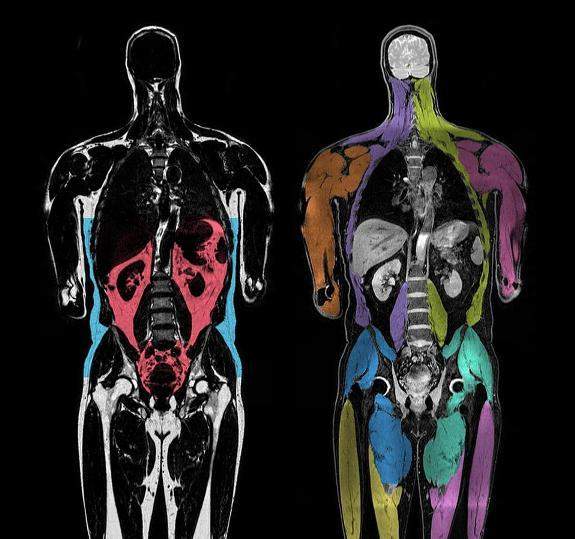
AMRA Medical stated that AMRA Profiler can be used for non-invasive fat and muscle evaluation that enables the generation, display and review of MR-based body composition measurements.
AMRA Profiler offers several body composition measurements, including visceral adipose tissue volume, subcutaneous adipose tissue volume, liver fat fraction, and thigh muscle volume, along with associated medical images. It is claimed that these body composition measurements and images, when interpreted by a physician, could yield information to support diagnosis.
AMRA CEO Eric Converse said: “We are delighted with the FDA’s decision. The challenges facing healthcare systems across the world are well-documented. Cost constraints, together with societal issues such as obesity and an aging population, are putting hospitals and private clinics under increasing pressure.”
“AMRA Profiler helps address these challenges by providing physicians with the most detailed body composition assessment and imaging available, cost-effectively and with minimal intrusion to the patient. Ultimately this enables clinicians to make more informed treatment decisions about the whole body.
“This clearance is the next step in our journey of translating the benefits of AMRA into clinical practice and in ultimately contributing to the real world data and real world evidence that are playing an increasing role in health care decisions today.”
The company claims to be the first in the world to transform MR-images from a 6-minute whole-body MRI scan into 3D-volumetric fat and muscle measurements. The measurements are expected to provide high accuracy and precision while assessing volume and distribution of fat and muscles and metabolic status.
In May this year, the company came out with a new study that showed links between specific fat distributions and metabolic diseases. AMRA stated that there are specific patterns of fat distribution which could be linked to the presence of Coronary Heart Disease (CHD) and Type 2 Diabetes (T2D).
The study was conducted on over 6,000 subjects, stressing the need to measure and investigate several fat compartments in order to understand and develop treatments for multiple metabolic diseases.
The study was conducted in collaboration between AMRA, Pfizer, Westminster University and Linköping University.



